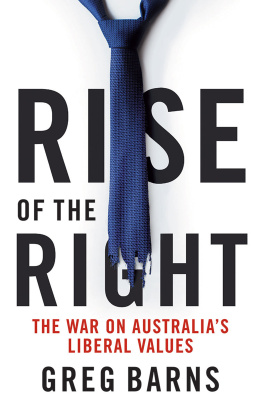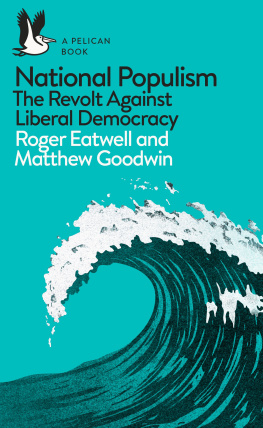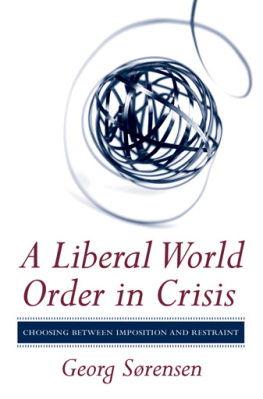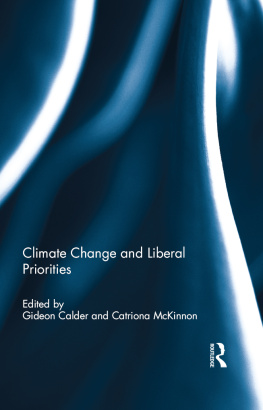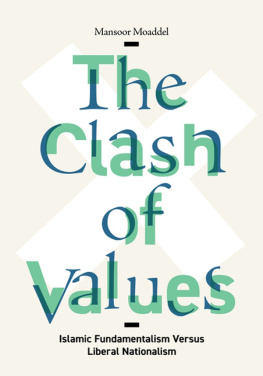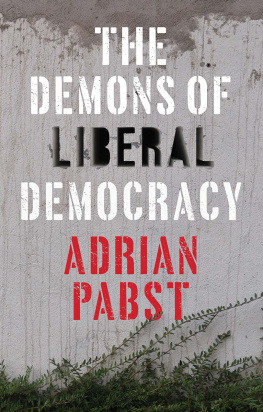Contents
Since the election of John Howard as Prime Minister in 1996, the populist right has been on the rise in Australia. Howards ascendancy and his years as Prime Minister confirmed his predecessor Paul Keatings observation that when you change Prime Ministers, you change the nation.
What do we mean by the term the populist right? It is a mindset and view of the world marked by intolerance of diversity, anti-globalism, nativism, and a strong belief that the rule of law comes second to national security, including legislation that interferes markedly with the balance of power between security and liberty. Perhaps its most hideous manifestation lies in its callous indifference to the suffering of men, women and children in immigration detention because they are The Other.
The soft peddling by Howard on the rise of Pauline Hanson and what she stood for, the Tampa incident, the Children Overboard scandal and the War on Terror were all milestones in the rise of the populist right in Australia.
Over the past two decades, this has manifested itself in a myriad of ways. One that has become obvious is the redefined term progressive. A telling illustration is the characterisation of the re-elected Victorian Labor government led by Daniel Andrews as progressive. Andrews, after recording a thumping win at the November 2018 election, described Victoria as the most progressive state in the nation. Commentators agreed, including The Ages Julie Szego, who in a column on 1 December 2018 endorsed Mr Andrews remark and talked up the liberal nirvana that is Victoria.
Yet this is a government that is addicted to hardline law-and-order policies and punitive drug laws. This so-called progressive government has more prisoners and offenders awaiting trial than at any other time in Victorias history. Further, the Andrews government proudly boasts of having the toughest bail laws in the nation.
Another case of a so-called progressives swing to the right is that of the former federal Education Minister Simon Birmingham. A federal government minister who once regarded himself as proudly liberal, he has been blocking independently and rigorously assessed funding grants for research. The Guardians Paul Karp reported on 26 October 2018 that Senate estimates revealed that Birmingham blocked $1.4m of discovery grants.
The idea that government should be in the business of curtailing freedom of thought and expression after projects have passed muster with an independent expert body is a dangerously illiberal one. One assumes Birmingham acted as he did to curry favour with the populist right in the Liberal Party.
Members of the populist right consider courts a nuisance, or worse still, tools of dreaded social engineering. Courts get in the way of law-and-order agendas so beloved of the right. And courts get in the way when it comes to trampling on the rights of people deemed by the populist right to not deserve rights at all.
The fact that a government appoints former police officer Peter Dutton who is proud to see the world in simplistic terms, and who thinks it is legitimate to detain children in horrific conditions as a means of deterring people smugglers to highly sensitive and nuanced areas of policy such as immigration and home security says much about the decline of liberal values in Australia.
Because the populist right has championed the concept of national security as a measure of control, it labels anyone who opposes the expansion of military and police powers in that context as soft so that there is little demur when legislation like the ominously called Defence Amendment (Call Out of the Australian Defence Force) Bill 2018, is proposed. The Senate, with the Australian Labor Party joining the Coalition, passed the bill which markedly expands the capacity for the military to take over our streets because there might be a domestic violence situation about to erupt (such as a terrorist attack or some other form of widespread violence) on 27 November 2018.
While the populist right likes to portray itself as standing up for the ordinary people against elites, and likes to assert that it is persecuted and harassed by a leftist cabal that lurks within the ABC, universities and institutions like the Australian Human Rights Commission, the reality is very different. The populist right has never had it so good. It savages and bullies its opponents and has ensured that Australia leans toward being deeply conservative.
The international reputation of Australia as a nation with a poor human rights record towards asylum seekers, and as a place which thumbs its nose routinely at the United Nations, is a result of the populist rights projection of this image globally.
But the populist rights success has come at the expense of a commitment to liberal values by legislators, the media and many in the community. The ideas of tolerance and fairness, the belief in the importance of the rule of law, the fostering of diversity of cultures and beliefs, and the ideal of an open nation that embraces the world and is committed to international cooperation have all taken a beating over the past two decades.
The result is a divided and diminished Australia. We live in a nation that desperately needs to fight back against the populist right before we see the rise of dangerous nationalism, which has been embraced so comprehensively in countries like Hungary, Poland, Austria and, most recently, Italy.
Understanding the power and tactics of the populist right, taking measure of its hypocrisy and cant, and identifying the damage it is doing to a liberal democracy like Australia is essential if there is to be a sustained rallying to the cause of liberal values.
To most, the notion of liberal values means respect for openness, progress, tolerance and the rule of law. In Australia, however, these values are under threat. All around us we see mistreatment of asylum seekers; a focus by the media and politicians on the race of people accused or convicted of crimes; and a cavalcade of anti-terror laws that crush fundamental rights, to mention just a few prominent examples of the troubling trend.
Such threats to liberal values are not just found on the fringes of our community or body politic. Two of our nations most powerful politicians, Prime Minister Scott Morrison and Home Affairs Minister Peter Dutton, exemplify the decline of liberal values in this nation while, ironically, belonging to the conservative political force that calls itself the Liberal Party. As well, our media (print and electronic) are dominated by partisan advocates for an Australia that is decidedly illiberal.
To focus for a moment on Morrison and Dutton, the former was the architect and hectoring champion of one of the triumphs of the illiberal culture, a triumph that the Canberra Press Gallery regards as one of the great political successes of the Liberal Party and its coalition colleagues, the Nationals. The initiative, devised by Morrison in the 2013 Australian federal election and known as Operation Sovereign Borders, was a forerunner of a proposal by US President Donald Trump to build an impenetrable wall on the US border with Mexico. It militarised border control and allowed the use of military force to push back boats of asylum seekers from Australian shores. The operation, shrouded in secrecy then and now, represents a breach of international law in two respects firstly, in not allowing persons to make claims for asylum; and secondly, in being completely reckless in its judgement of whether it is safe to return people to the hostile waters north and west of Australia, or to the countries from which they are fleeing.

